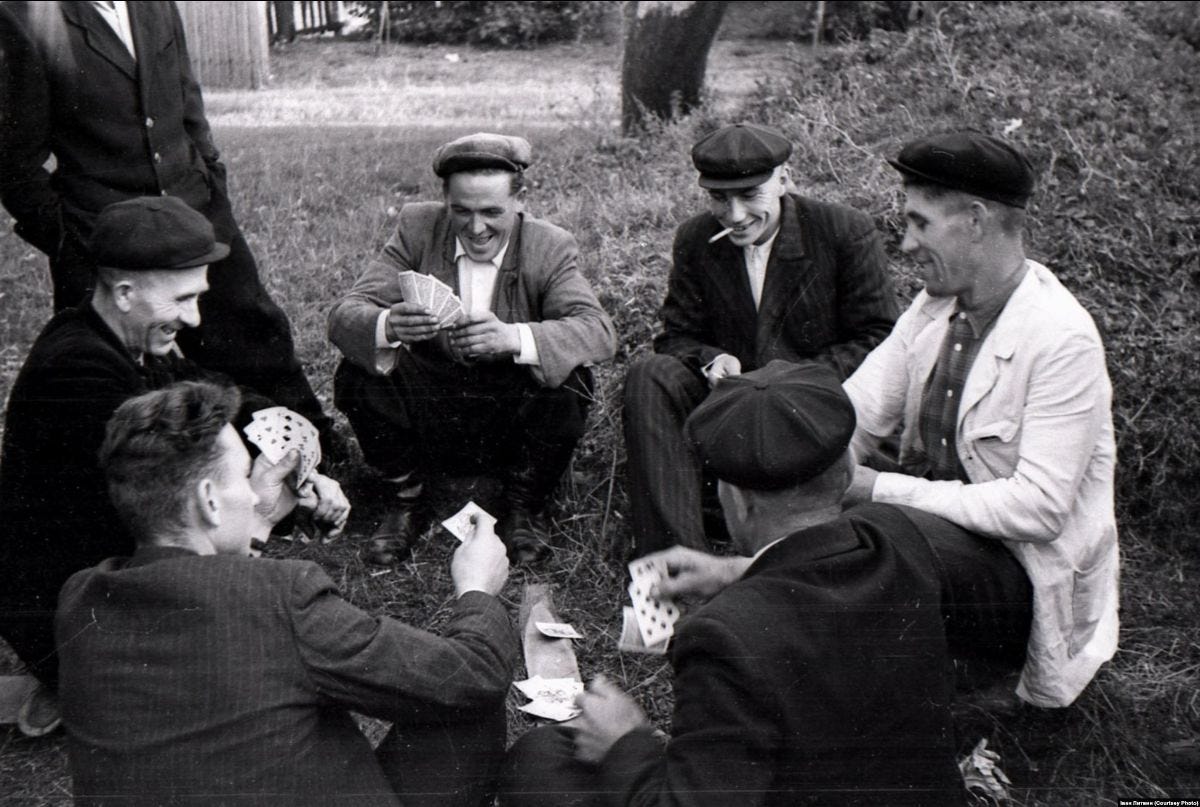Kharkiv Mayor Hennady Kernes Dies from Covid-19 Complications

Greetings! Here’s a look at what we’ll be covering in the last issue of BMB Ukraine for 2020. Thank you for reading us, and see you next year!
The death of Kharkiv mayor Hennady Kernes
A year of coronavirus in Ukraine
The International Criminal Court and Ukraine
Hennady Kernes
Hennady Kernes, the mayor of Kharkiv since 2010 and a powerful regional baron who successfully navigated the turmoil of the last decade to remain in control of Kharkiv, died on Wednesday night from complications due to coronavirus (Reuters). He had been hospitalized in Germany back in September after testing positive in August, and his condition kept degrading ever since — businessman Pavel Fuks admitted last week Kernes suffered from kidney failure.
A mafia-linked, controversial figure forged in the chaos of the 90s, Kernes survived the 2014 revolution despite having supported the ousted president Viktor Yanukovych, and survived the wave of anger against old, corrupt political elites that brought Volodymyr Zelensky to power despite epitomizing this elite.
He was also a true post-Soviet character — the 2006 release of footage from the shooting of a campaign clip showing him hurling profanities at the candidate he was working for made him a star in the Russian-speaking world (watch it here with English subtitles — it’s good).
Kernes remained popular in his city throughout his numerous terms and showed sharp political instincts when, as Eastern Ukraine plunged into chaos after the annexation of Crimea, he sided with the new Ukrainian authorities and prevented the country’s second-biggest city from falling into the hands of Russia-backed separatist groups. This, to be sure, happened only after Kernes traveled to Russia for a few days in February 2014 and fanned separatism in Kharkiv: he was, in particular, accused of kidnapping and torturing two pro-Maidan activists in January 2014, but the case was closed in 2018. Kernes himself was shot in April 2014 in Kharkiv, a killing attempt that left him paralyzed below the waist for the remaining years. Kernes’ choice to support the Ukrainian authorities at a critical juncture allowed him to secure control of Kharkiv in the following years while remaining largely safe from investigations, including accusations of having embezzled several hundred million of dollars.

A Ukrainian AN-124 cargo plane delivers a 55-tons satellite for the Space X company on December 14 (Photo: Antonov)
Coronavirus
In Ukraine, a year of pandemic kicked off and ended with violent protests.
Remember: back in February, the arrival of a group of Ukrainians evacuated from China triggered clashes (Reuters) in the village where they were supposed to be put in quarantine, as well as in several other towns across Ukraine where locals believed they would be transported. This week, a protest against next month’s planned lockdown by small business owners in the center of Kyiv ended in clashes and at least 40 police officers injured (Reuters). Both events can be traced back to the total lack of trust most Ukrainians feel towards their government though, since the beginning of the year, fear of economic catastrophe has largely replaced the fear of infection.
Considering the state of its healthcare system, Ukraine has so far coped with the pandemic much better than most expected at the beginning of the year — according to official data, bed occupancy is currently above 50% in only 5 regions. The crisis is far from over of course (daily cases are currently falling, but the country reported a record number of hospitalizations on Thursday), and the country is likely to only see limited deployment of the vaccine next year. The danger of the country’s healthcare system being overwhelmed is then still real, but claims that this saturation has already happened are erroneous.
One good news for the government is that, according to a poll released this week by the Rating agency, 56% of Ukrainians support the lockdown that will be introduced from January 8 to 24 (NV). One bad news is that, according to the head of the Bank of Finland Institute for Economies in Transition Iikka Korhonen, Ukraine might only reach its 2019 GDP level in 2022.

Snapshot: In the attic of an old house, artist Ihor Solodovnikov stumbled on a collection of 5,000 photographs taken by his grandfather, Ivan Lytvyn. The images preserve the faces of Ukrainian villagers in the postwar period and the folk traditions that were rarely, if ever, captured by official Soviet photographers. (Photo: Ivan Lytvyn)
International Criminal Court
The Prosecutor of the International Criminal Court announced in a December 11 press release it was ready to open an investigation into “ongoing alleged crimes committed on the territory of Ukraine from 20 February 2014 onwards.” The words are strong: “my Office has concluded that there is a reasonable basis at this time to believe that a broad range of conduct constituting war crimes and crimes against humanity within the jurisdiction of the Court have been committed in the context of the situation in Ukraine.”
The statement is a major victory for Kyiv, who requested the ICC’s involvement in two letters sent to the Court in 2014 and 2015. Unsurprisingly, Ukraine foreign minister celebrated the decision on Twitter, saying “one day, Russian criminals will face trial.” This despite Ukraine not being a signatory to the Rome statute, which founded the ICC.
Given the time-frame, the ICC’s investigation (which has yet to start) could cover everything from the killing of civilians on the Independence square on February 20, 2014, to the annexation of Crimea and the subsequent human rights violations committed on the peninsula as well as war crimes by Russia-backed separatist troops in Donbass. But the ICC’s statement mentions crimes “committed by the different parties to the conflict” — meaning events such as the May 2014 “Odessa massacre” or war crimes by pro-Ukrainian paramilitary groups in Eastern Ukraine will also fall under the scope of the investigation.
Quick Fire
Speaking during his traditional yearly presser, Russian president Vladimir Putin accused Kyiv of “lacking the political courage to settle the conflict in Donbass” and promised to “increase our support for the region” (Twitter).
42% of Ukrainians named Volodymyr Zelensky the “disappointment of the year,” according to a poll released by the Razumkov Center on Wednesday (NV).
Ukraine’s parliament extended the special status for the separatist-controlled territories of Donbass (a provision of the Minsk agreements) for another year (Ukrainska Pravda).
The Rada also adopted on Tuesday the 2021 State budget (BBC Ukraine).
Ukraine is looking to get the Chernobyl Exclusion Zone added to the UNESCO heritage list (France 24).



